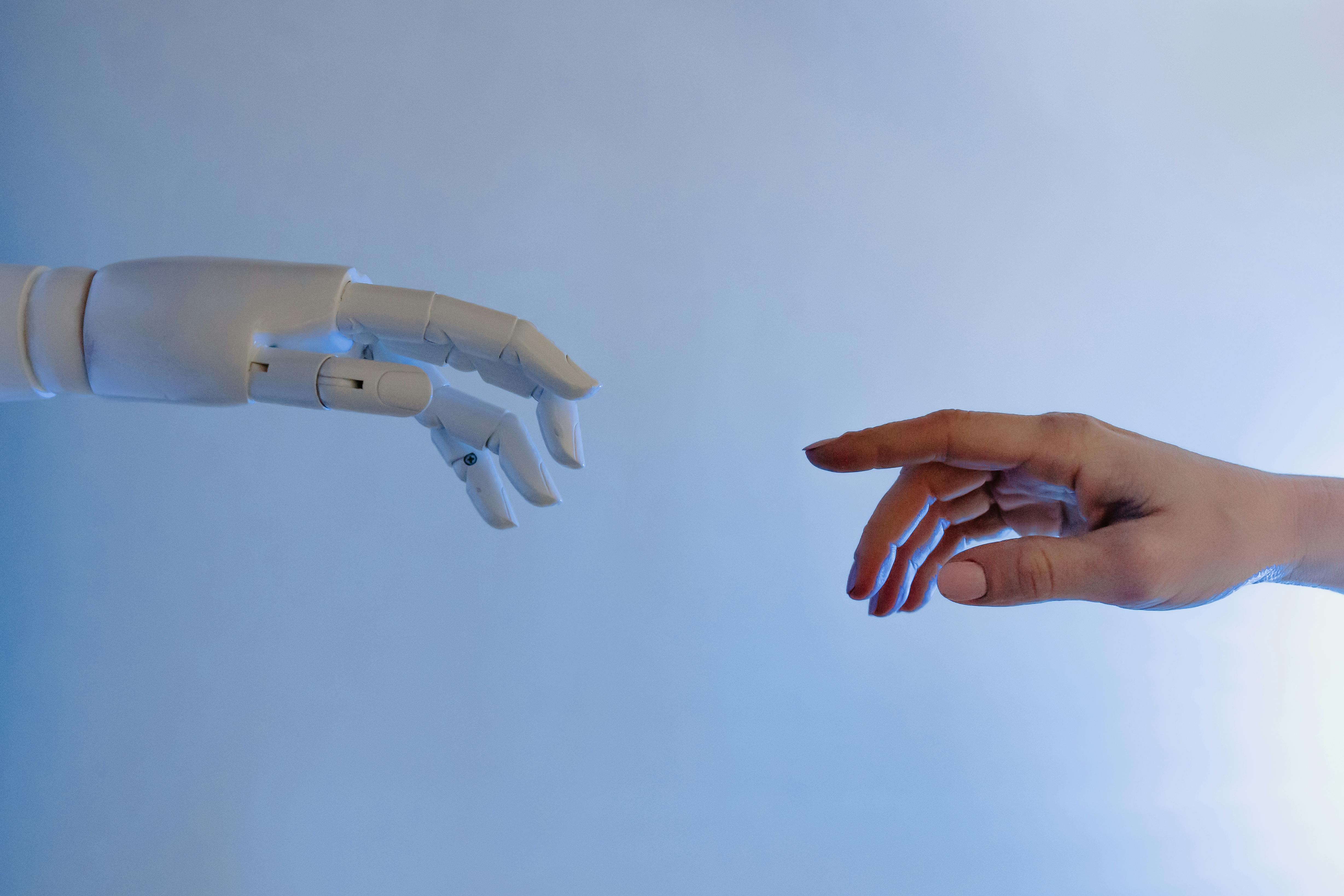
The Role of AI in Blockchain Technology: Transforming Decentralized Finance and Real-World Asset Tokenization
The Role of AI in Blockchain Technology: Synergistic Innovation
Understanding the Convergence of AI and Blockchain
The intersection of artificial intelligence and blockchain technology represents a groundbreaking paradigm shift in digital infrastructure, creating unprecedented opportunities for innovation across financial and technological ecosystems. As decentralized systems become increasingly sophisticated, AI emerges as a critical enabler of enhanced functionality, security, and intelligent decision-making processes.
Key Technological Integrations
Artificial intelligence provides transformative capabilities within blockchain environments, addressing critical challenges such as scalability, security, and operational efficiency. Machine learning algorithms can optimize consensus mechanisms, detect fraudulent transactions, and enhance predictive analytics in decentralized networks.
Top AI-Powered Blockchain Protocols
| Protocol | Primary Function | AI Integration |
|---|---|---|
| Chainlink | Decentralized Oracle Network | Predictive Price Feeds |
| SingularityNET | AI Marketplace | Decentralized AI Services |
| Ocean Protocol | Data Exchange | AI-Driven Data Tokenization |
| Fetch.ai | Autonomous Economic Agents | Machine Learning Coordination |
Regulatory Landscape and Jurisdictional Considerations
The legal frameworks surrounding AI and blockchain technologies vary significantly across global jurisdictions. In the United States, regulatory bodies like the SEC and CFTC continue to develop comprehensive guidelines for tokenized assets and AI-driven financial technologies. Offshore financial centers such as the British Virgin Islands and Cayman Islands have demonstrated progressive approaches to digital asset regulation, creating hospitable environments for technological innovation.
Market Analysis and Future Projections
According to recent market research, the global blockchain AI market is projected to reach $15.3 billion by 2026, with a compound annual growth rate exceeding 45%. This exponential growth reflects the increasing convergence of artificial intelligence and decentralized technologies across multiple industries.
Technical Implementation Strategies
Successful AI integration within blockchain ecosystems requires sophisticated architectural approaches, including advanced machine learning models, robust smart contract designs, and comprehensive security protocols. Developers must focus on creating adaptive, self-learning systems that can dynamically respond to complex computational challenges.
Real-World Asset Tokenization Innovations
AI plays a crucial role in enhancing real-world asset (RWA) tokenization processes by providing intelligent valuation mechanisms, risk assessment algorithms, and automated compliance monitoring. Machine learning models can analyze historical market data, predict asset performance, and streamline fractional ownership infrastructure.
Security and Fraud Prevention
Advanced AI algorithms significantly enhance blockchain security by implementing sophisticated anomaly detection, predictive threat modeling, and intelligent consensus verification mechanisms. These technologies create multi-layered defense strategies against potential cyber vulnerabilities.
RWA.codes Expertise
At RWA.codes, our interdisciplinary team of blockchain architects, AI specialists, and legal experts offers comprehensive solutions for navigating the complex landscape of tokenization and decentralized technologies. We provide end-to-end development services, regulatory compliance consulting, and strategic technology implementation across global jurisdictions.
About RWA.codes
Specializing in advanced blockchain solutions, RWA.codes delivers cutting-edge technological infrastructure for tokenization platforms, leveraging deep expertise in AI integration, legal frameworks, and decentralized system design.